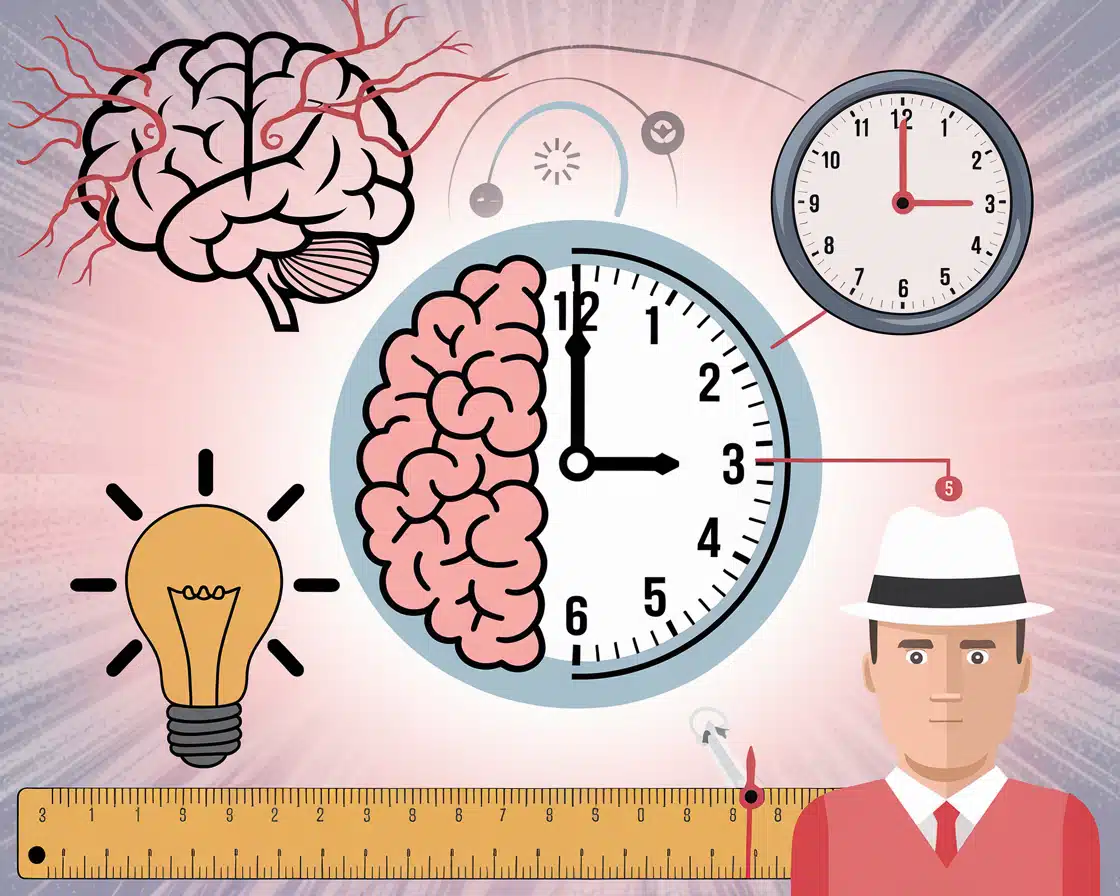.
Introduction:
Time management is not just an art; it’s backed by scientific research. Understanding the psychology and neuroscience behind time management can help us become more efficient in our daily lives. This article will explore how our brain processes time, the role of habits, and the psychological barriers to effective time management.
How the Brain Perceives Time:
The human brain perceives time differently depending on the activity. This section will delve into how our brain processes time during tasks and how we can optimize this perception to manage time better.
The Role of Habits in Time Management:
Habits form a significant part of our daily routines. This section will explore how habits are formed, their impact on time management, and how to cultivate habits that support effective time use.
Psychological Barriers to Time Management:
Procrastination, perfectionism, and decision fatigue are common psychological barriers to effective time management. This section will provide insights into how to overcome these challenges.
The Power of Mindfulness in Time Management:
Incorporating mindfulness into your daily routine can enhance your ability to manage time by keeping you focused and reducing stress. This section will provide practical ways to integrate mindfulness into your time management strategies.



